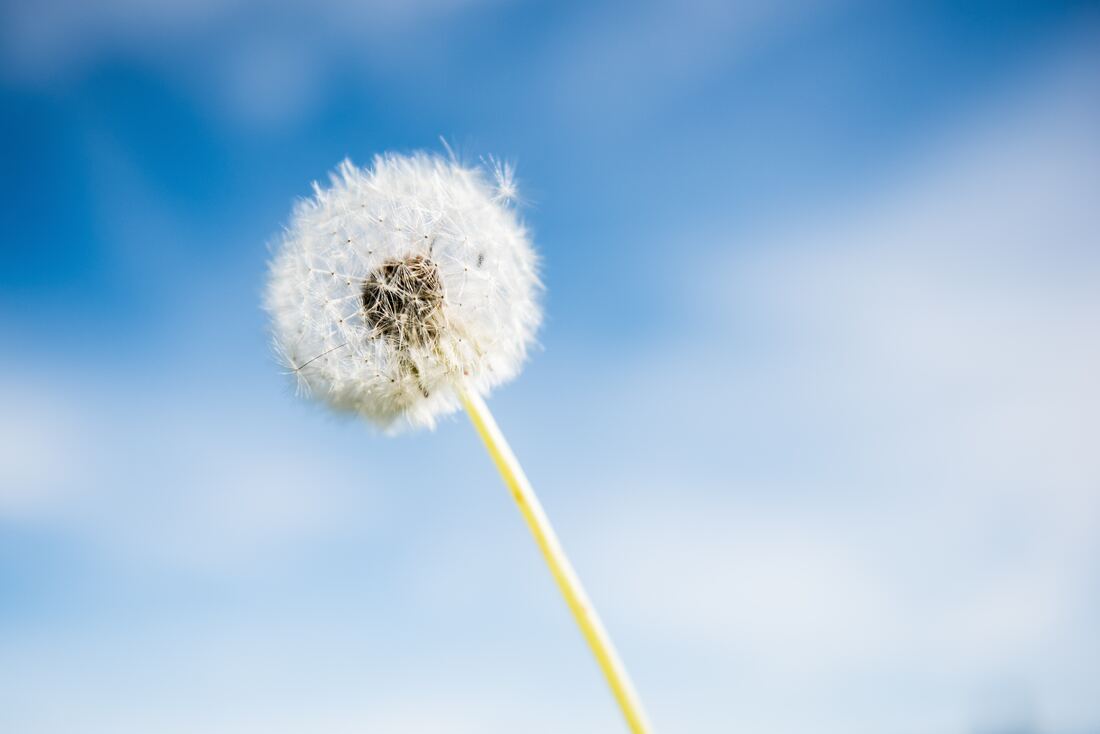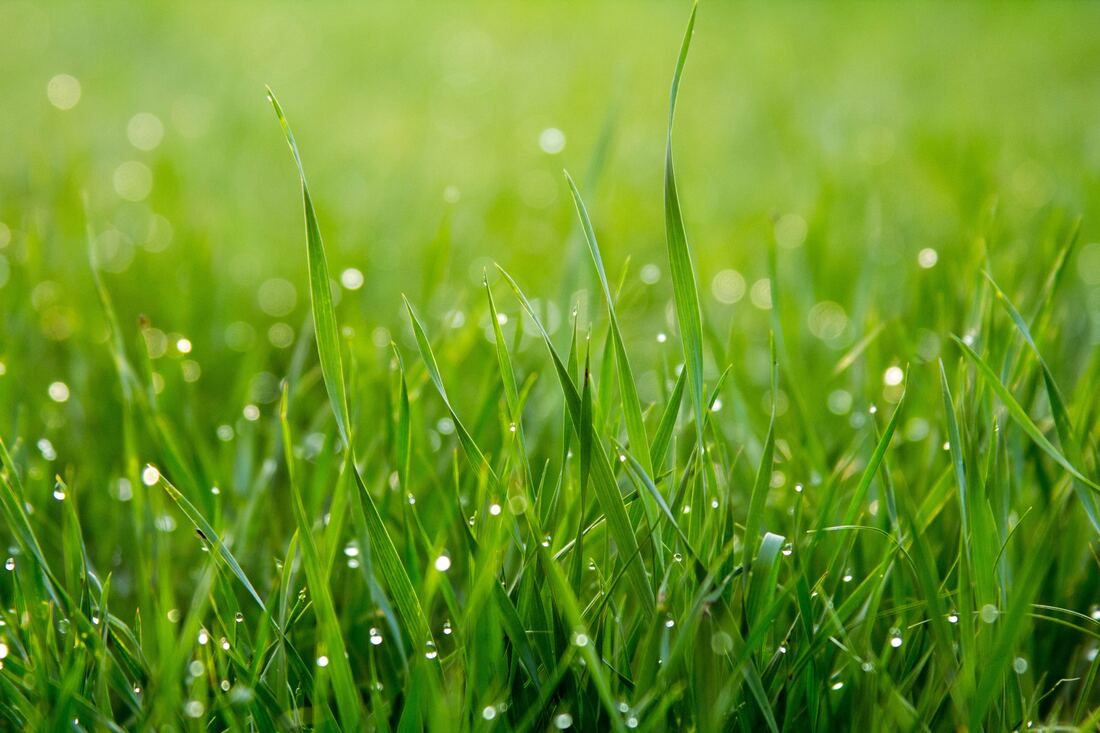Hay Fever
What is Hay Fever?
Hay fever affects 1 in 5 people. Hay fever (another term for Allergic Rhinitis) causes cold-like symptoms. But unlike a cold, hay fever isn't caused by a virus. It is from an allergic reaction to airborne allergens. Like pollen, dust mites, or even pet dander.
The immune system identifies airborne substances as allergens, and triggers it's defensive reaction to them by releasing chemicals into your body, such as histamines. This results in the allergic reaction (Hay fever symptoms.)
Some years Hay Fever is worse than others. This is due to environmental factors. Like a higher pollen count due to little rain or quick weather changes.
Hay Fever Triggers
Seasonal Triggers:
Year-round triggers:
Symptoms of Hay Fever
Runny nose, sneezing, cough, itchy nose, sinus pressure, swollen skin under the eyes, decreased sense of smell or taste.
Hay Fever Tests
Hay Fever Treatments
The best way to treat Hay fever is by avoiding it's trigger. For some people Hay fever is minor, a temporary nuisance. But if your symptoms are persistent, they can make you miserable. Affecting your work, school, and leisure time. Finding the right Hay fever treatment will make a big difference.
There are a number of prescription medications available to help relieve hay fever symptoms. Allergy shots, or immunotherapy, is also a form of treatment aimed at curing the allergy.
Hay fever affects 1 in 5 people. Hay fever (another term for Allergic Rhinitis) causes cold-like symptoms. But unlike a cold, hay fever isn't caused by a virus. It is from an allergic reaction to airborne allergens. Like pollen, dust mites, or even pet dander.
The immune system identifies airborne substances as allergens, and triggers it's defensive reaction to them by releasing chemicals into your body, such as histamines. This results in the allergic reaction (Hay fever symptoms.)
Some years Hay Fever is worse than others. This is due to environmental factors. Like a higher pollen count due to little rain or quick weather changes.
Hay Fever Triggers
Seasonal Triggers:
- Tree pollen
- Grass pollen
- Weed pollen
Year-round triggers:
- Dust mites
- Pets/animals
- Cockroaches
- Spores from mold & fungi
Symptoms of Hay Fever
Runny nose, sneezing, cough, itchy nose, sinus pressure, swollen skin under the eyes, decreased sense of smell or taste.
Hay Fever Tests
- Skin Prick Allergy Test: Skin testing ("scratch test") is the typical method for identifying allergies. This testing is done in an allergist's office with same day results. During skin testing, little amounts of allergen extracts are pricked into the skin. Usually on your arm or upper back. Then you are observed for signs of allergic reaction.
- Allergy Blood Test: A blood test (sometimes called RAST) can measure your response to a specific allergen. A blood sample is sent to a medical laboratory, where it is tested for evidence of sensitivity.
Hay Fever Treatments
The best way to treat Hay fever is by avoiding it's trigger. For some people Hay fever is minor, a temporary nuisance. But if your symptoms are persistent, they can make you miserable. Affecting your work, school, and leisure time. Finding the right Hay fever treatment will make a big difference.
There are a number of prescription medications available to help relieve hay fever symptoms. Allergy shots, or immunotherapy, is also a form of treatment aimed at curing the allergy.



